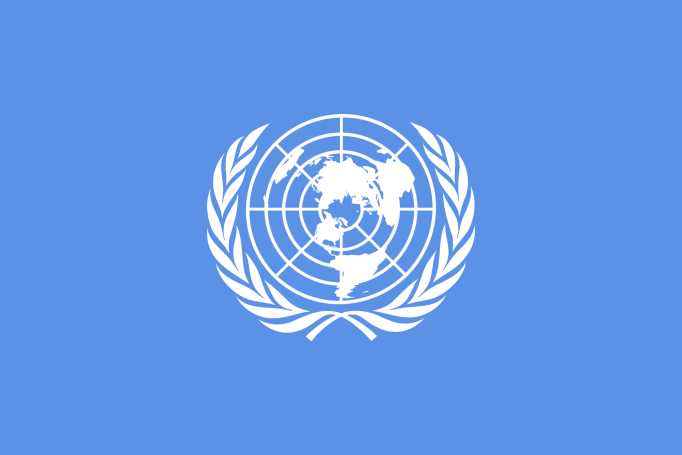Statement by Mr. Sergey Kononuchenko, Deputy Permanent Representative of the Russian Federation to the UN, at the briefing in advance of the Third UN HLM on Noncommunicable Diseases
Dear colleagues,
First of all, I would like to express my gratitude to the World Health Organization and the NCD Alliance for convening this briefing.
Since the First Global Ministerial Conference on Healthy Lifestyles and Noncommunicable Disease Control in Moscow in April 2011, the fight against NCDs has become a priority area of the health agenda in the Russian Federation.
One of our key tasks is to develop a unified system of public health, including epidemiological monitoring, analysis of risk factors, legislation, promotion of a healthy lifestyle, as well as active involvement of employers and civil society in this process.
At the federal level, we are implementing a comprehensive multisectoral program for encouraging a healthy lifestyle. Systematic efforts in this area have helped to significantly reduce alcohol consumption per capita over the past five years – by almost 40%; tobacco: in adults – by 22%, and in adolescents – by 2.5 times; while the number of persons systematically engaged in physical culture and sports increased to 34%.
We attach special importance to informing the population about a healthy diet and negative effects of excess of sugar, salt and fats that can cause a number of NCDs that reduce the life expectancy of Russian citizens.
To this end, a concept for “labeling” food products has been developed, which provides a distinctive sign with a reduced content of salt, sugar and fats.
The Strategy for promoting a healthy lifestyle of the population, prevention and control of noncommunicable diseases until 2025, developed in cooperation with the WHO as well as the Concept for Tobacco Control, have been actively implemented.
As a result the rate of detection of diseases in the early stages has gone up, which means that they can be effectively treated. Thanks to active oncological search, almost 56% of all malignant tumors were identified at the 1-2 stages, which led to a one-year mortality reduction – to 22,5% and an increase in the five-year survival rate to almost 54%. Mortality from neoplasms decreased by 3.6% in 2017.
We are pleased to inform that the priority task of the Russian healthcare system for 2018 is to increase the availability and quality of medical care for patients with cancer.
The prevention of cancer in children is also of paramount importance to us. We provide medical rehabilitation to children with cancer. Since 2014 the Medical and Rehabilitation Scientific Center “Russian Field” accepts children with oncological, hematological diseases and diseases of the immune system for the 2 and 3 stages of medical rehabilitation.
We actively use the experience and potential of the WHO in our fight against NCDs and at the same time we provide financial, human and technical support to the Organization at the global, regional and country levels.
In 2014, the European Office for the Prevention and Control of Noncommunicable Diseases was opened in Moscow, whose activities are funded by the Government of the Russian Federation. Its main function is to support 53 countries in the WHO European Region with a focus on countries with a high NCD burden. The work of the Office is focused on four main areas: policy development, epidemiological surveillance, prevention and integrated management of NCDs.
In the framework of cooperation in the field of NCDs control in 2017, Russia has contributed more than USD 1 million to the UNDP and the WHO project to assist a number of countries in formulating policies to catalyze national multisectoral NCD activities.
Thank you.
